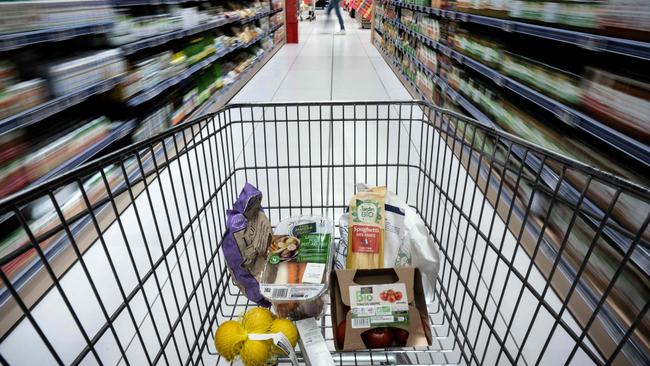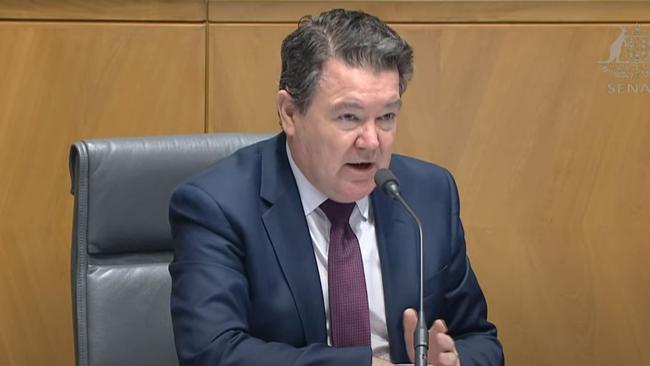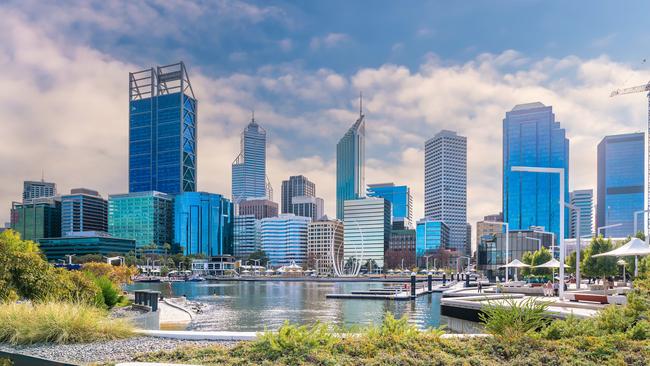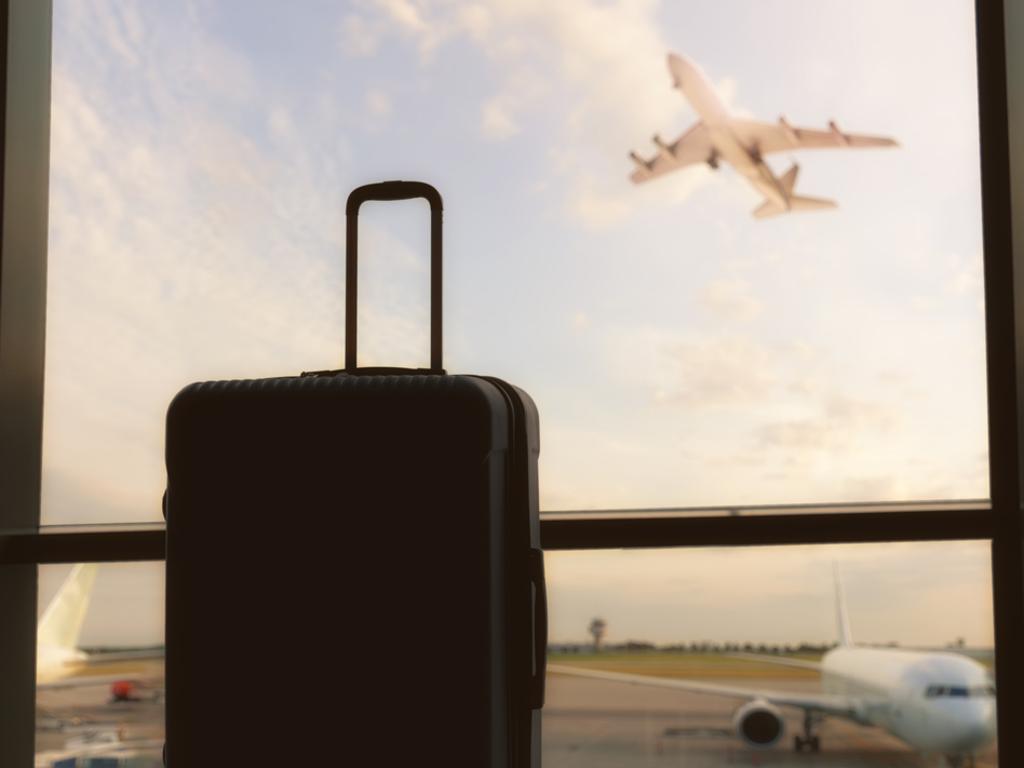Cost of nearly 60 goods and services explodes, CPI data reveals
Australians have faced double-digit increases across nearly 60 every day goods and services over the last two years, with national data revealing basic foodstuffs have all jumped by more than 20 per cent.

Australians have faced double-digit increases across nearly 60 every day goods and services over the last two years, with national data revealing basic foodstuffs including bread, breakfast cereal and cheese have all jumped by more than 20 per cent in price.
Parliamentary Library analysis of trends in the Consumer Price Index laid bare the impact of inflation and showed that the cost of 23 goods and services rose by 15 per cent or more.
Commissioned by WA Liberal senator Dean Smith, the data compares the March 2022 with the September 2024 financial quarter and reveals the cost of international travel has increased by the most, leaping by 50 per cent.
The booming cost of travel has prompted both major parties to release policies to crack down on the aviation industry and ensure refunds are provided to passengers facing unreasonable delays.
Labor’s recently announced “charter of rights” for passengers – which is open for consultation until February – would force airlines to issue refunds should a flight be delayed for three hours or more due to reasons within the airline’s control, such as staffing or maintenance issues.
Gas, oils and fats and insurance all jumped by more than 30 per cent, while spare car parts, postal services, tobacco and a variety of food – including fruit – rose by 20 per cent or more.

Cost increases at supermarkets in particular have faced intense scrutiny over the past 12 months, with Coles and Woolworths being hauled before the court by the Australian Competition and Consumer Commission over misleading customers when it came to how they set prices.
The figures come as Labor faces accusations of fuelling inflation with massive budget spending, with Australians are predicted to spend 2.7 per cent more this Christmas season than last year.
“It is the cumulative effect of these goods and services price increases over two years that has been so crippling to household finances,” Senator Smith said.
“Labor has overseen a rise in the cost of goods and services so dramatic that record numbers of Australians cannot house or feed themselves and are facing one of the toughest Christmas periods we’ve seen in recent years.”
The data shows that the combined cost-of-living of the eight capital cities in Australia rose by 12.3 per cent, with Adelaide being the worst affected as cumulative cost of living rose by nearly 15 per cent.
WA was home to the biggest rent rises, with costs increasing by nearly 25 per cent compared to the national increase of 17.2 per cent, while the state’s new dwelling prices jumped 34 per cent, compared to 20.8 per cent in the rest of Australia.

The nation’s housing crisis has been a key feature of the parliamentary term, with Labor facing delays of over a year in the passage of its signature housing reforms due to opposition from the Greens and Coalition.
However, in the face of concerns the minor party was slipping in popularity following the ACT and Queensland elections, the Greens backed Labor’s Help to Buy and Build to Rent legislation before parliament rose last month.
Senator Smith, whose state of WA is set to be a key battleground of next year’s election, said Anthony Albanese had promised Australians would be “better off” under his leadership.
“The Prime Minister has broken his promise,” Senator Smith said.
“With an election in the next few months, Australians will have their chance to voice their frustration at the Albanese government’s mishandling of the cost-of-living crisis and restore strong fiscal leadership under a Coalition government.”
The Albanese government has defended the persistently weak economic outlook, pointing to international pressures and arguing the budget was still in “better shape” than when it first came to office.
Finance Minister Katy Gallagher pointed to the fact the government had found $92bn in savings since the election, while Treasurer Jim Chalmers said the multibillion-dollar budget deficits facing the country over the next four years were due to “unavoidable” spending in areas including the age pension.








To join the conversation, please log in. Don't have an account? Register
Join the conversation, you are commenting as Logout